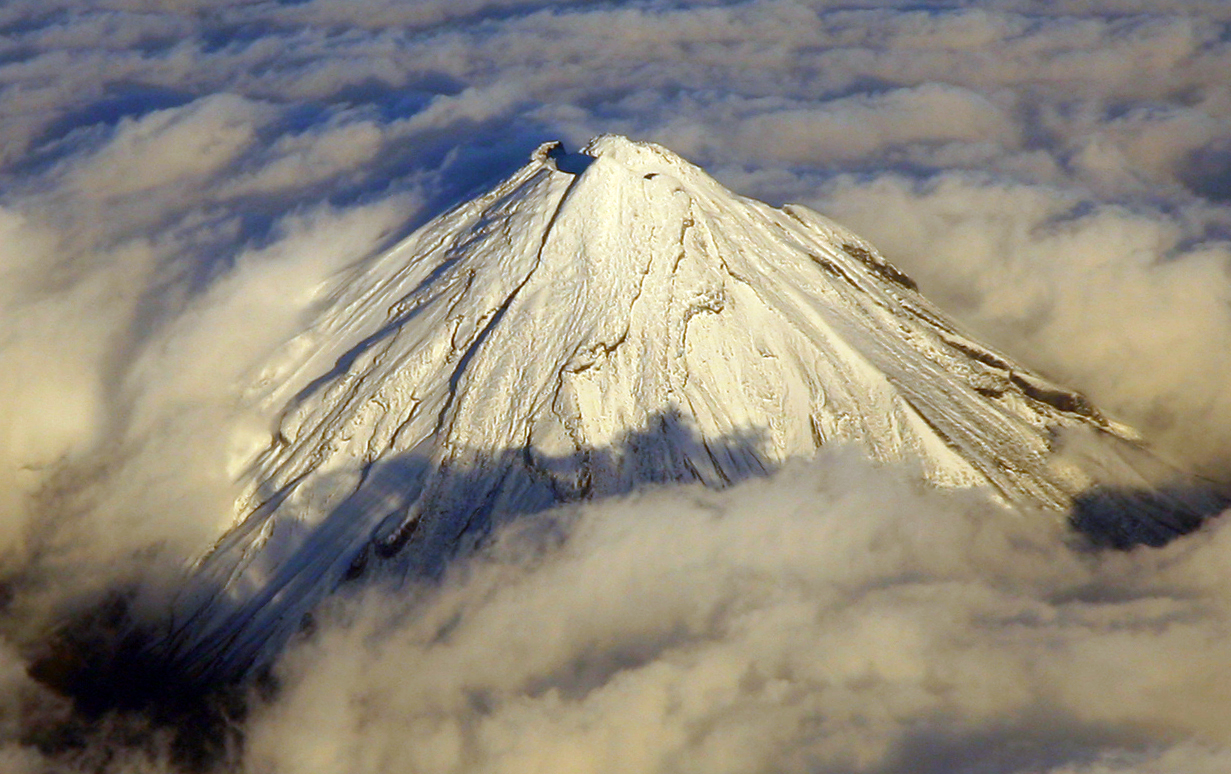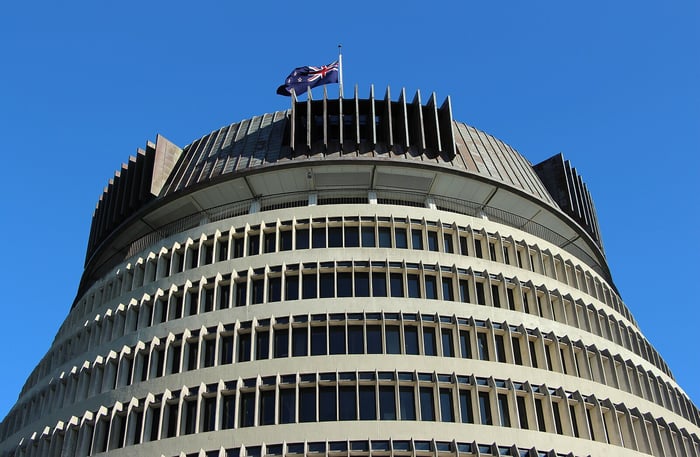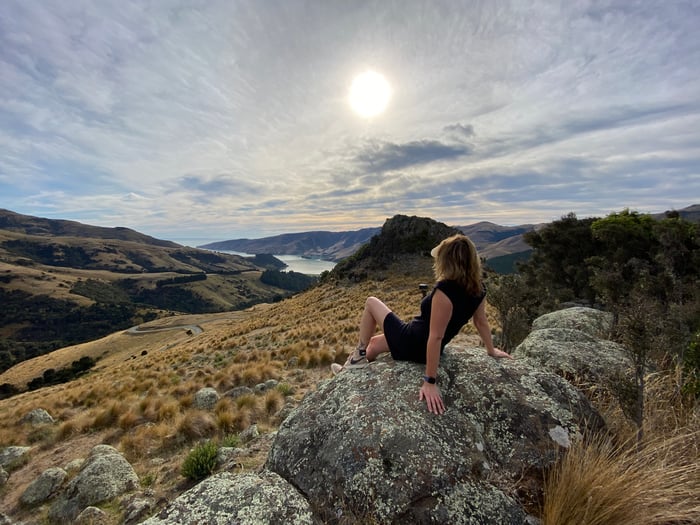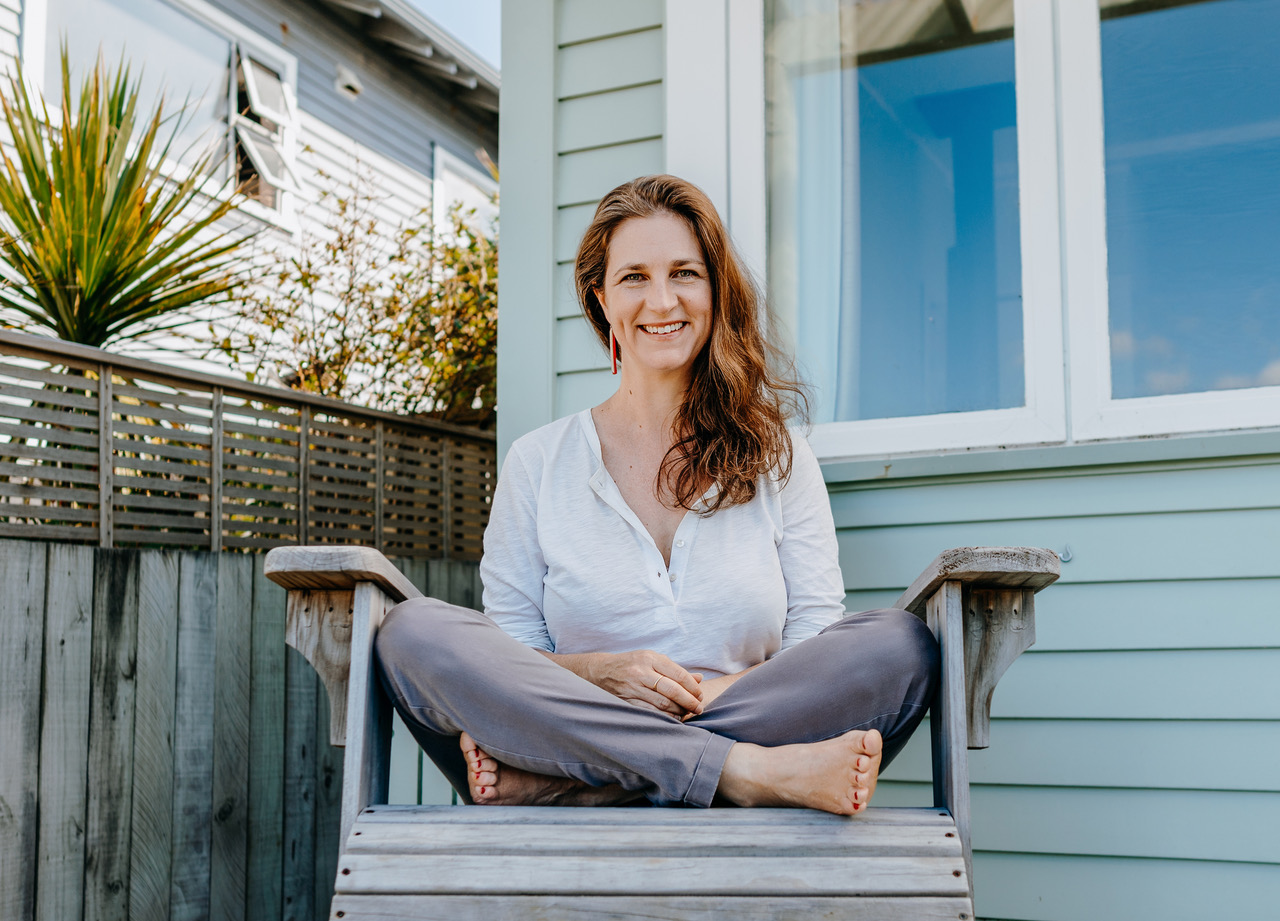Support Māori-led Climate Action - what we mean and why it matters
6 min read • Oct 9, 2025 12:26:15 PM

This is the third of four blog posts exploring The Climatics' funding focus areas: elevating the story, building the movement, transforming the politics, and supporting Māori-led action. We've chosen these four focus areas because they each share three qualities: they create outsized positive impact for climate, they are where philanthropy is best suited to contribute, and because they are often underfunded.
In this post we'll explore what we mean by "Support Māori-led Climate Action" and why it matters.
Climate change doesn't affect everyone equally. Indigenous peoples who have contributed the least to climate change are often experiencing the impacts first and worst. At the same time, they hold knowledge systems and relationships with the more-than-human natural world that offer some of our most powerful pathways forward.
Here in Aotearoa, for centuries, Māori have been in deep care relationships with the land, waters, and ecosystems that sustain us all. Climate solutions rooted in te ao Māori don't just address emissions, they reconnect people with place, restore degraded ecosystems, and rebuild the reciprocal relationships between people and the rest of the natural world that colonisation and industrialisation has fractured.
Why this matters to us
Supporting Māori-led climate action sits at the intersection of three commitments that we want The Climatics to deliver on:
- Our responsibility as Pākehā to uphold te Tiriti. The Treaty of Waitangi / te Tiriti o Waitangi establishes partnership between Māori and the Crown on behalf of non-Māori who arrived in Aotearoa as settlers. Upholding te Tiriti means engaging with and supporting Māori aspirations in a mana-enhancing way. Specifically for The Climatics, an organisation started by two Pākehā, that means a focus on resourcing Māori to lead.
- Recognition that equity and justice must be at the heart of the global climate response. Climate change is fundamentally a justice issue. Any climate response that doesn't centre those most affected and those who have been systematically marginalised is perpetuating harmful dynamics.
- Understanding that solutions rooted in te ao Māori hold huge potential for positive climate outcomes for all. This isn't just about Māori communities - te ao Māori offers frameworks for relationship with the more-than-human natural world that benefit everyone. In funding kaupapa Māori approaches, we hope to contribute to a stronger future Aotearoa for all.
Examples of Māori-led Climate Action
Māori-led climate initiatives take many forms across Aotearoa. Some restore traditional food systems - working with cultivation practices that sequester carbon while strengthening food sovereignty. Others bring mātauranga Māori to land and water management, regenerating ecosystems through approaches that have sustained these places for centuries, also making them more resilient to climate impacts. Some integrate cultural revitalisation with environmental restoration, recognising that healing the land and healing communities are inseparable. Or they might shift western institutions to better respect and protect the more-than-human natural world, for example, giving legal personhood to natural features like Taranaki Mounga (pictured), Te Urewera, and the Whanganui River.
They might not show up as explicitly “climate” in the narrow definition, but approaches working at the intersection of environmental, cultural, social, and economic outcomes create benefits that spillover in ways that can solve multiple problems at once. As a Pākehā-led organisation we recognise we shouldn’t be deciding which Māori initiatives are worthy of funding, but rather listening more than directing, and being accountable to the communities we aim to support.
While this pillar is about actively seeking out and prioritising Māori-led climate initiatives, we also commit to bringing an equity lens to our decision-making across all our funding areas. That means prioritising Māori-led solutions when they fall under "elevate the story," "build the movement," or "transform the politics".
What we're still learning
I need to be honest: this is the post I've felt least qualified and least confident to write. The whole premise of this blog is "learning out loud" - sharing our thinking as it develops, not just polished final outputs. But this one feels particularly uncertain because, quite frankly, I don't know enough yet.
MJ and I are really clear in our intent: we want to support Māori-led climate action. Research has shown (and we've been learning) that philanthropic funding hasn't historically done a great job of supporting Māori aspirations. If you’re interested in understanding more about this, I strongly recommend checking out the Ki te Hoe framework. We (ie. MJ and I) haven’t learnt enough yet to be clear on what the specific barriers have been, or what the positive outliers look like, to confidently say how we'll do this better. However, we commit to working with Māori to ensure we are delivering on our intention to be mana-enhancing in how we work as well as what we fund. Sharing power. Reciprocity. Prioritising relationships over process. Creating accessible pathways to this funding.
We're starting this journey with incredible guidance from people who know far more than us. From Māori and Pākehā practitioners working in this space and from Māori with lived experience navigating funding systems that weren't designed with them in mind.
Questions we're exploring
We have lots of questions we’re working to answer. Here are the ones that are top of mind:
- What specific barriers have Māori-led climate initiatives faced in accessing philanthropic funding?
- What have successful funders done differently?
- How can we ensure our funding processes are genuinely accessible and culturally appropriate?
- How can we hold ourselves accountable without that being an extra burden on Māori in this space? That includes not overburdening those on our incredible curation team, who have been beyond generous with their guidance so far!
This is where the "learning out loud" becomes essential. We're committing to this focus area not because we have answers, but because we recognise its importance and are willing to learn. We’ll share as we go.
An invitation
Climate change is the defining challenge of our time. Meeting it will require all the knowledge, all the approaches, and all the wisdom we can draw on. Māori-led climate action offers pathways that benefit everyone - but we can do so much more to ensure those leading this work are genuinely resourced and supported to do so.
As always, we'd love your thoughts - what are we missing? What should we be learning? Particularly if you're working with Māori-led climate responses or supporting them, or if you are Māori and are working on climate, we'd love to hear from you. Get in touch - hello@theclimatics.org or comment below.
With hope and determination,

A small note on the much larger question of language:
My first attempt at this blog used the word “kaitiaki” but I had a niggle that perhaps I wasn’t quite using it right. Which led me down a rabbit hole, including finding this article by Tame Malcolm in E-Tangata. I’ve edited that particular kupu out, and have made changes across our website too. However, I so love the invitation in the Tame Malcolm's article that by expressing his thoughts on the use of the word, he notices that it often sparks conversation. So I decided to make my own choice of words explicit as a way of following his lead.
Pip Wheaton - The Climatics Co-Founder
Growing up in rural Australia made Pip intensely curious about humans’ impact on the rest of the natural world. Her childhood saw her planting trees and rounding up sheep, finding snakes in her bedroom and echidna in the garden, and solo walks gazing at exceptionally starry skies. Pip works on climate change, both locally where she now lives in Te-Whanganui-a-Tara, and globally. Her work is informed by systems theory and a fierce sense of justice: her decision to work on climate is based on the recognition it is a symptom of deep faults in our social, economic, and political systems. She has worked in social entrepreneurship, local government, academia, and philanthropy across Australia, South Africa, the UK and Aotearoa. Pip is an award-winning social entrepreneur for founding enke: Make Your Mark, a youth leadership organisation in South Africa.
More recent stories

September 26, 2025
Build the Movement - what it means and why it matters
This is the second of four blog posts to dig into each of The Climatics' funding focus areas: elevat...

October 5, 2025
Transform the Politics - what it means and why it matters
This is the third of four blog posts exploring The Climatics' funding focus areas: elevating the sto...

September 10, 2025
Why now? Rumbling with community and climate action
I've been rumbling with an idea for ages now. How do we bring everyday people together around climat...
Join our Community
We’ll send stories and updates from The Climatics, plus ways to be part of climate action in Aotearoa.
Small gifts create big shifts
By pooling donations, small gifts add up fast. And every dollar goes straight to climate projects doing the mahi.

